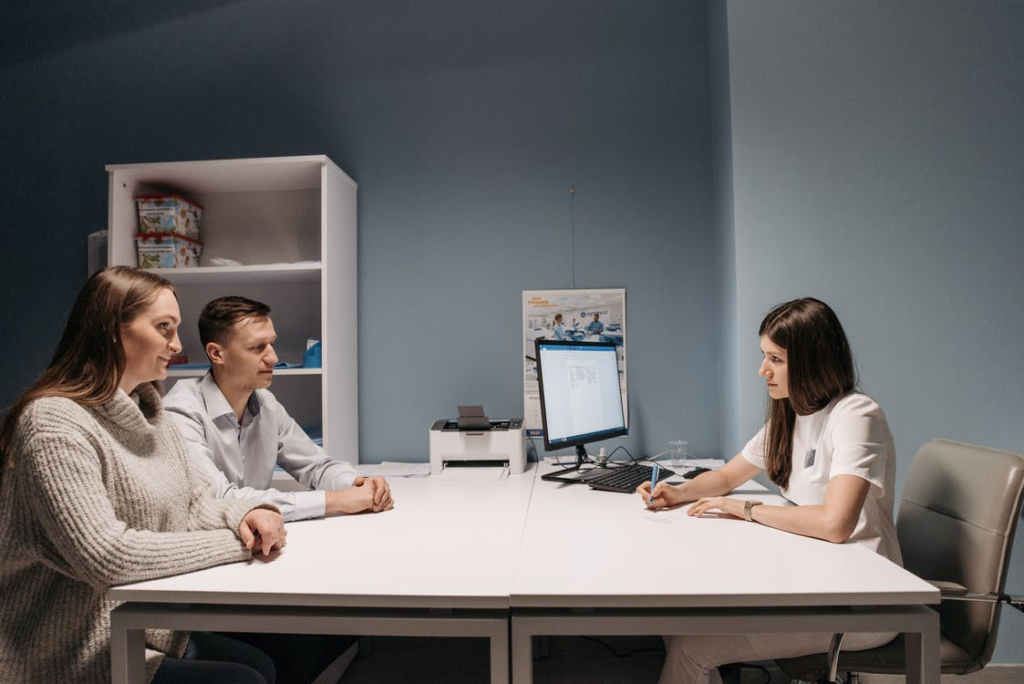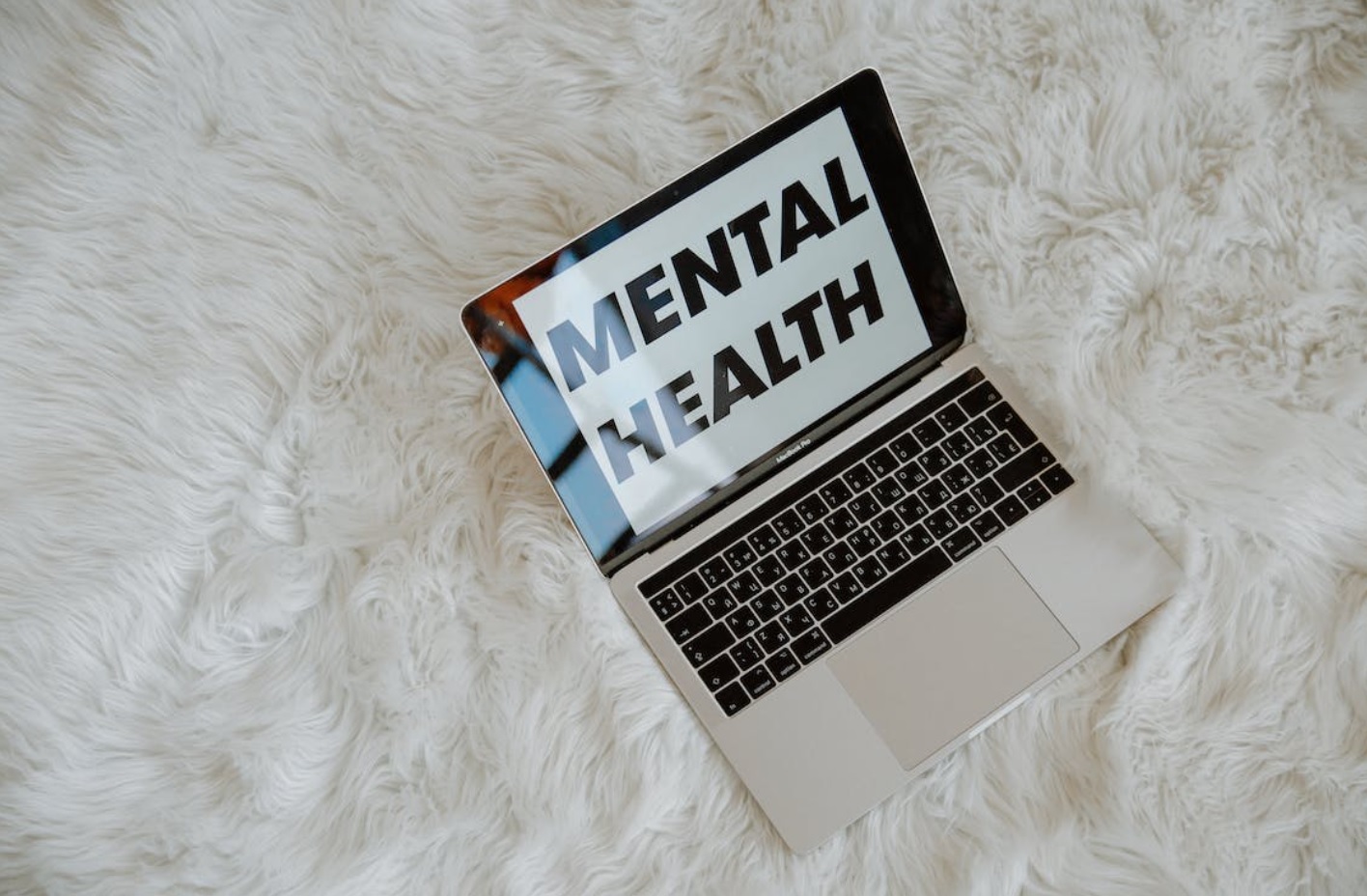You’re not alone if you’ve been suffering from a mental health illness. Neither are you alone if you’ve been thinking of seeking professional help. According to statistics, one out of eight adults representing 12.1 percent receives mental health treatment.
10.4 percent receive medication, while 3 percent receive psychological therapy. The overlap in these statistics is attributed to the 1.3 percent that reported receiving both medication and psychological therapy. Now the question you might be asking is, what kind of treatment is right for you?
Scheduling an appointment with a therapist is a good place to start if you’re worried about your mental state. However, many people require a more intensive form of treatmentFor many people, however, a more intensive form of treatment is required. That’s when you might be tempted to search for “outpatient mental health treatment near me.” But what is outpatient mental health treatment?
It refers to the health services available to people who meet the criteria for mild or moderate forms of illness. The amount of treatment for outpatient mental health services varies depending on the patient’s needs.
Some outpatient clinics expect patients to avail themselves every day at a particular time for certain hours a week. Other mental health treatment centers provide appointments once a week. Outpatient mental health treatment allows you to live at home while the treatment goes on. It also costs less compared to the hospitalization costs of inpatient services.
Who is Outpatient Mental Health Treatment Meant For?
This kind of treatment is excellent for patients suffering from mild to moderate mental illness and drug addiction. When patients need more intensive care, they can opt for a residential mental health treatment center which differs from an outpatient setting.
Outpatient treatment is the best option for:
- Patients who don’t need round-the-clock assistance.
- Patients with mild to moderate kinds of mental illness or substance addiction.
- Patients who can attend appointments more regularly and abide by the treatment plan.
- Patients who can manage their mental illness or addiction disorders with therapy and counseling services.
If you fall into any of the above categories, outpatient treatment at The Heights Treatment center may be your best option. With effective treatment and techniques, you can equip yourself to effectively manage alcohol addiction or mental illness. Consult the doctor or therapist on what kind of treatment will be best for you. It’s an excellent way to succeed with the right treatment.

Types of Outpatient Treatment
There are different types and methodologies for treating outpatient mental health problems. They include
- Detox. A detox center ensures the safety of a detox procedure. They also give medicine to help in alleviating withdrawal symptoms.
- Behavioral activation therapies. This is one of the most frequently used treatments for cases of depression. It’s a goal-oriented and problem-solving approach to treatment. It helps patients identify and change their thoughts and behaviors that contribute to their depression.
- Partial hospitalization programs. These lie between inpatient and outpatient care. You’d spend part of your day at a mental health facility and be at home for the rest of the day. Alternatively, you could spend part of the day at another approved location.
- Intensive outpatient programs. Such programs happen for a period of six weeks or less. A health practitioner here focuses on addressing the underlying problems that drive you to drug abuse.
The better part of the day is spent on treatment and the patient goes back home at night. The treatment includes therapy, management of the medication, and support groups.
- Cognitive behavior therapy is a talk therapy that helps patients to manage their problems by changing how they perceive their issues. This is one of the most effective treatments for depression in outpatient mental health treatment.
- Group therapy. This kind of treatment is offered by professionals specialized in this area. Therapy groups give insights, comfort, and reassurance that indeed, you’re not alone. Note that support groups are not the same as therapeutic assistance.
They offer support and companionship. They also provide a platform for asking questions to those who previously suffered from the same condition.
- Individual psychotherapy. This kind of treatment is effective in many situations. Therapists help patients in making changes to their lifestyles. They also help you in processing unpleasant emotions that bring your attention to self-destructive ideas and actions.
- Family counseling. Family therapies enable families to deal with family members with mental health illnesses. Parents and guardians can also get informed about the underlying problems that lead to addiction.
If you believe that you or a loved one will benefit from these kinds of treatment programs, it will be best to find a nearby center that offers these services professionally. The team at the Heights Treatment center advocates that patients take their time with their doctors and ask any pressing questions. It’s an important component in the healing and treatment process.
Benefits of Outpatient Mental Health Treatment
- Outpatient mental health treatment offers a basic structured living environment. However, it gives patients the freedom to go on with their lives at home.
- The therapy in this form of treatment provides patients with an opportunity to slowly get back to their normal lives. It gives them a chance to have a test run for their return to society, free of addiction.
- A lot of outpatient therapy centers include counseling sessions for family members. This enables them to understand the challenges their loved ones might go through post-treatment.
- Therapy and counseling sessions are structured in a conducive manner to ensure participation by the patient.
- Patients can practice relapse techniques in the real world while undergoing treatment.
- Therapy sessions are more affordable and some treatment centers accept insurance.

Advice for Opting for Outpatient Care
Outpatient care works for most people who cannot or do not want to give up on their daily routines while taking mental health treatment. You get to receive the care you need while still enjoying the comfort of your home.
But for the negligent, certain risk factors needthere are certain risk factors that need to be worked on, like:
- There’s an increased risk of the patient being exposed to bad influences, risks, and relapse triggers. These could be some of the factors that pushed the patient towards substance abuse.
- There’s a high risk of a potentially heightened relapse. That’s especially if the home environment is unstable or stressful
- The patient may still have access to drugs or alcohol at home, school, or work environment.
- There’s limited access to the doctor or therapist compared to an inpatient facility
Hence, the best way to select a program that’s best for you would be to understand the benefits and drawbacks. To increase your chances of success, take an honest self-assessment at the beginning of the treatment.
Fitting the treatment schedule into busy work, school, or family life can be a challenge. Determining how long the treatment will take is dependent on circumstances and clinical opinions.
Shorter stays at a detox center are effective in relieving your body of the substance and getting you started on the right path. Note that there may be underlying issues that must be addressed.
Residential recovery is the next step in the recovery process. Outpatient residential treatment is one of the various options. A more intensive version of outpatient treatment is intensive outpatient treatment.
IOT can be the ideal level of care for patients who are in need of intensive therapy but can’t attend inpatient treatment. This treatment also caters to those who have left residential treatment centers after completing their program. These are the people who could be seeking continued support in their recovery journey.
Note that the first few months after the completion of a residential program are the most challenging. That’s the time when young adults, for instance, are learning how to successfully maintain their recovery while managing increasing independence.
Intensive outpatient therapy benefits patients in many ways. The program helps to stabilize a patient’s transition, and provides support, camaraderie, and continued sobriety skill development.
Whatever you choose as a form of treatment, ensure that you enter the recovery treatment with your eyes open. Note that you’ll have a very short time to choose your next level of treatment after detox or rehab. Rehab cleanses toxins off your body. Cleansing the soul, however, needs continuous treatment.
Conclusion
As of 2020, nearly one in five adults in the US lives with some kind of mental illness. You must get the right kind of care to recover from mental health or substance abuse disorders.
Outpatient program therapy in addiction treatment centers and mental health treatment centers provides a structured day consisting of human interactions. This is in addition to the psychotherapy sessions where you can discuss your feelings without getting judged.
It helps a patient to feel safe enough to open up about themselves. That’s even if it means making mistakes along the healing journey.
No matter how long ago a situation occurred, if you decide to receive mental health treatment, it means that you are willing to grow out of your negativity.
